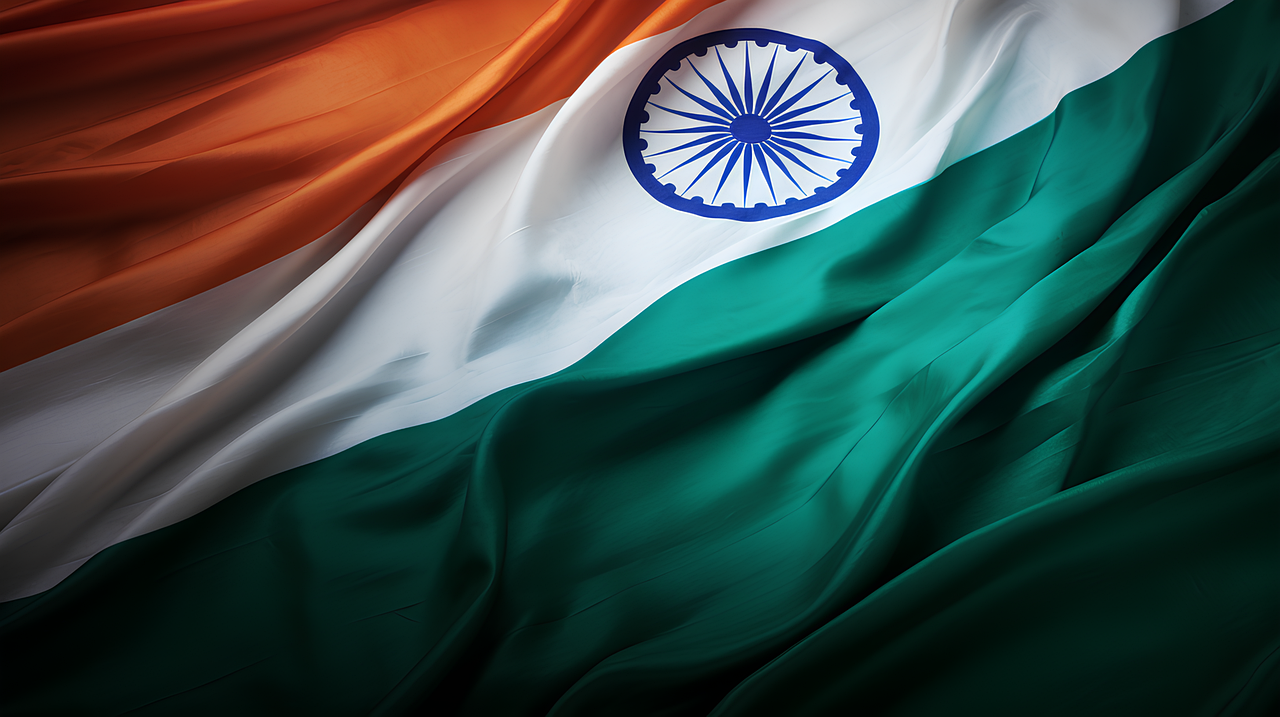
‘Bharat’– a name originating from Emperor Bharata who features in the Hindu epic Mahabharata- has been used for centuries to refer to the Indian Subcontinent, both in oral speech and within texts and scripture. The name ‘India’ emerged later, during the British Raj, which was the period of British rule over the country. The colonial administration referred to the territory in this way, getting the name from the River Indus which marked its western border at the time. During the independence movement it was decided that both names would be used interchangeably, hence why both are mentioned within the constitution. However, the name Bharat is only used once, in Article 1. Ever since the country was granted independence in 1947, India has become more commonly used in an international context, whereas the area continues to be referred to as Bharat in Hindi and other Indian languages (The Times of India, 2023)
The current ruling party in India- the Bharatiya Janata Party (BJP)- came into power in 2014. Over the years, they have maintained the belief that the term India has strong ties to both colonialism and slavery. A BJP MP also went as far as to call it a profanity, due to its association with the period of British rule. Under the BJP government, there has been a pattern of renaming cities and streets to remove any surviving connections to India’s colonial past.
Opposition to the BJP believes that there are ulterior motives behind the sudden need to rebrand and rename the country as Bharat. They think the party is threatened by a newly formed coalition- which encompasses more than two dozen opposition parties- called the Indian National Developmental Inclusive Alliance (which goes by the acronym I.N.D.I.A). Leading figure within the Indian National Congress Rahul Gandhi recently announced that he felt the Modi government’s desire to change the name of the country was absurd. The Congress leader stated that the timing of this change seemed convenient, as it coincided with the emergence of accusations against Modi that he favoured industrialists. Gandhi also blasted the Prime Minister for further dividing the country based on religious views; this can be seen by an increase in attacks on minorities by Hindu nationalist groups since the Modi government came to power. Some critics argue that changing the name of the country is further promoting these anti-Muslim, Hindu supremacist views, especially given that the name Bharat has significance with Emperor Bharata from the Mahabharata., an epic specifically revered within Hinduism.
The implementation of changing India’s name to Bharat would be difficult to carry out. To successfully achieve any kind of change, there would need to be a constitutional amendment which would require the support of at least two-thirds of both houses of the Indian Parliament. The BJP would need to rely on the help of the opposition to get this passed. However, this seems unlikely, given that they would not be inclined to support any BJP proposal. There have been other attempts to rename the country, such as private parties presenting the case to the Supreme Court. But, these appeals were dismissed, with the Supreme Court deciding it should be up to the citizens to decide whether or not they want to call their country India or Bharat. In addition to this, the costs of renaming the country heavily outweigh the benefits that it would bring. Critics argue that completely dispensing with the name India would mean that its brand value and international reputation would both have to be rebuilt. However, there is still time before any changes will be made.
Image: SarahSever, 2023 // Pixabay License



Average Rating